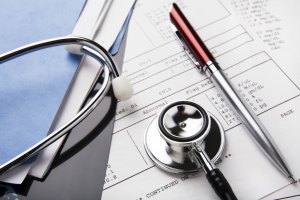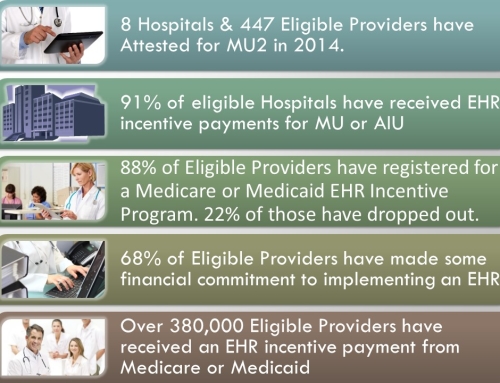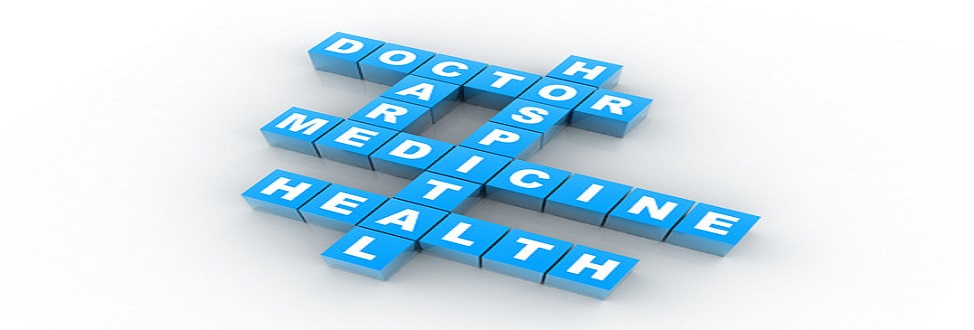At least three new bills have been proposed:
With just a little under 4 months to go until the ICD-10 transition date a variety of new bills have been proposed within the House of Representatives seeking a transition period called “safe harbor”, a complete stop to the transition, or a transition period that would not penalize the providers for coding errors.
One of the key issues that these delay requests are concerned with is the large number of new diagnosis codes with the ICD-10 billing code set – the current ICD-9 codes use up to 13,000 codes and the new system will include over 68,000 codes. However, only a set amount of these new codes will be used or needed at each medical facility or practice. A majority of healthcare facilities and settings are specialized like practices, clinics, and hospitals – and they will only need to know the ICD-10 codes that are relevant to their practice or facility. A dialysis clinic will need to know the codes that relate to their patients and their related diagnosis, and a private practice will use codes related to their patients and the pertinent codes that their patients will use.
ICD-10 is not the imposition of a complex new system – it is a set of new codes that describe the same work, but adds more detail and specific information. Physicians and medical billers will not need to learn a surplus of codes in order to bill correctly. ICD-10-PCS is the procedure classification system for use in US inpatient hospital settings only. ICD-10-CM is the diagnosis classification system for use in all US health care treatment settings, including outpatient. So, outpatient facilities will use ICD-10. Note that ICD-10-CM are diagnosis codes not CPT codes.
According to AHIMA officials “The ICD-10-CM code set is like a dictionary that has thousands of words, but individuals use some words very commonly while other words are never used,”. A two-year grace period, says AHIMA, is also not needed since end-to-end-testing from CMS only claimed a safe 2 percent claim rejection during April 27 to May 1 testing period.
Right now the United States is the last nation that will connect the ICD-10 code set in their billing systems for healthcare facilities and providers. The new bills that are being proposed in the House show that physician groups and some rural practices worry that coding errors would lead CMS to deny payment for some medical services and procedures.
CMS states that reimbursement for outpatient and physician office procedures will not be determined by ICD-10 codes, as outpatient and physician office claims are not paid based on ICD-10 diagnosis codes but on CPT and HCPCS, which are not changing.




